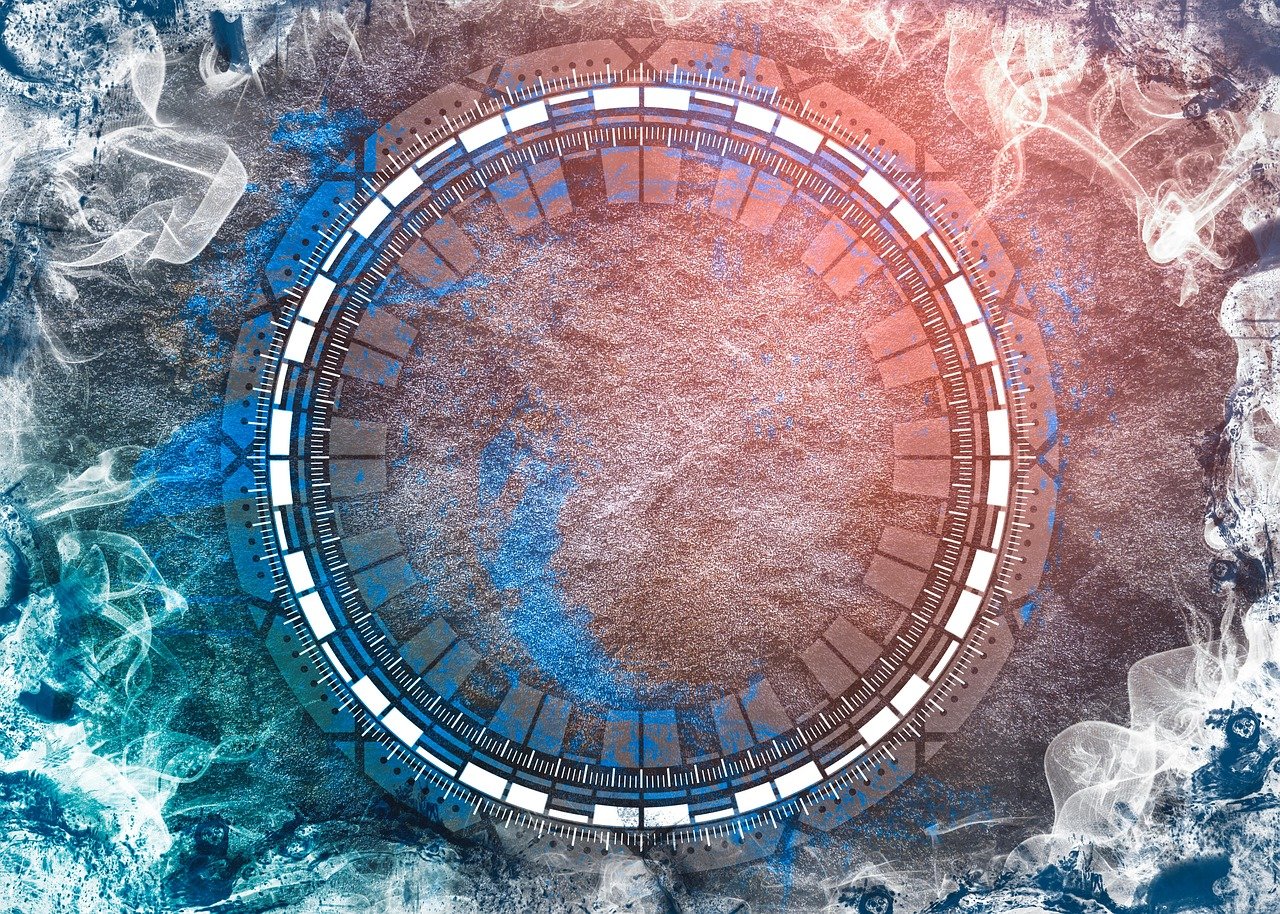Securing your website with an SSL certificate isn’t just a good practice; it’s a necessity in today’s digital landscape. From building trust with your visitors to boosting your search engine ranking, SSL certificates play a crucial role in the success and security of your online presence. Let’s delve into the world of SSL certificates, exploring what they are, why they’re essential, and how to choose the right one for your needs.
What is an SSL Certificate?
Understanding the Basics
SSL, which stands for Secure Sockets Layer, and its successor TLS (Transport Layer Security), are protocols that create an encrypted link between a web server and a web browser. An SSL certificate is a digital certificate that authenticates a website’s identity and enables an encrypted connection. Think of it as a digital ID card for your website, verifying that you are who you say you are.
- An SSL certificate contains:
The domain name it was issued for
The entity (organization, individual) it was issued to
The certificate authority (CA) that issued it
The digital signature of the issuing CA
Associated subdomains
The certificate’s expiration date
How SSL Certificates Work
When a user visits a website secured with SSL, their browser checks the certificate to verify the website’s identity. If the certificate is valid and issued by a trusted CA, the browser initiates an encrypted connection using the SSL/TLS protocol. This encrypted connection protects the data transmitted between the user’s browser and the web server from eavesdropping and tampering.
Here’s a simplified breakdown:
- A user’s browser requests a secure connection to a website.
- The web server sends a copy of its SSL certificate to the browser.
- The browser checks the certificate’s validity (issuer, expiration date, domain name).
- If valid, the browser and server negotiate a secure, encrypted connection.
- All data transmitted between the browser and server is now encrypted.
Why You Need an SSL Certificate
Enhanced Security
This is the most obvious and critical benefit. SSL certificates encrypt data transmitted between your website and visitors, protecting sensitive information like passwords, credit card details, and personal data from being intercepted by hackers. This is crucial for e-commerce websites and any site that collects user data.
- Protects against data breaches: Encrypted connections make it extremely difficult for hackers to intercept and decipher sensitive information.
- Prevents man-in-the-middle attacks: Ensures that data isn’t altered or compromised during transmission.
Improved Search Engine Ranking
Google has publicly stated that HTTPS is a ranking signal. Websites with SSL certificates are given a slight boost in search engine results compared to those without. This means that securing your website with an SSL certificate can improve your visibility in search results and attract more organic traffic.
- Google considers HTTPS a positive ranking factor.
- SSL helps improve your overall SEO strategy.
Increased Trust and Credibility
An SSL certificate helps build trust with your visitors. When they see the padlock icon in the address bar and “HTTPS” in the URL, they know that their connection to your website is secure. This visual cue assures them that their information is safe, making them more likely to trust your website and complete transactions.
- Display of the padlock icon in the address bar.
- Builds confidence and encourages visitors to interact with your site.
- Essential for maintaining a professional and trustworthy online presence.
Compliance Requirements
Many regulations, such as GDPR (General Data Protection Regulation) and PCI DSS (Payment Card Industry Data Security Standard), require websites to use encryption to protect sensitive data. Having an SSL certificate can help you comply with these regulations and avoid potential fines and legal issues.
- Ensure compliance with GDPR, PCI DSS, and other data protection laws.
- Helps to avoid legal and financial penalties.
Types of SSL Certificates
Domain Validation (DV)
DV certificates are the most basic and affordable type of SSL certificate. The Certificate Authority (CA) verifies that you own the domain name. They are quick to issue and suitable for blogs, personal websites, and small businesses that don’t handle sensitive user data beyond email sign-ups.
- Validation Level: Basic
- Use Case: Blogs, personal websites, simple informational sites.
- Verification Process: Domain ownership verification (usually via email or DNS record).
- Example: A personal blog uses a DV certificate to secure user comments and contact forms.
Organization Validation (OV)
OV certificates provide a higher level of trust because the CA verifies the organization’s identity in addition to domain ownership. This type of certificate is ideal for businesses and organizations that want to provide a stronger assurance of their identity to visitors. OV certificates display the organization’s name in the certificate details.
- Validation Level: Medium
- Use Case: Small to medium-sized businesses, organizations.
- Verification Process: Domain ownership + verification of business legitimacy (e.g., checking business registration).
- Example: A small e-commerce store selling handmade goods uses an OV certificate to assure customers of their legitimacy.
Extended Validation (EV)
EV certificates offer the highest level of trust and security. The CA conducts a thorough verification of the organization’s identity, including physical address, legal existence, and operational presence. Websites with EV certificates display the organization’s name in the address bar, providing a clear visual indication of the website’s authenticity. EV certificates are typically used by large enterprises, e-commerce sites, and financial institutions.
- Validation Level: Highest
- Use Case: Large enterprises, e-commerce businesses, financial institutions.
- Verification Process: Extensive verification of business identity, legal status, and physical presence.
- Visual Indicator: Displays the organization’s name in the address bar (depending on the browser).
- Example: A large online bank uses an EV certificate to provide the highest level of assurance to its customers.
Wildcard SSL Certificates
Wildcard SSL certificates secure a primary domain and all its subdomains with a single certificate. This is a cost-effective solution for websites with multiple subdomains, such as blog.example.com, shop.example.com, and mail.example.com.
- Benefit: Secures unlimited subdomains under a single certificate.
- Cost-Effective: More affordable than purchasing individual certificates for each subdomain.
- Simplified Management: Easier to manage and renew compared to multiple individual certificates.
Multi-Domain (SAN) SSL Certificates
Multi-Domain or Subject Alternative Name (SAN) SSL certificates secure multiple domain names with a single certificate. This is useful for organizations that have multiple websites or domain names. SAN certificates can secure both different domains (example.com, example.net) and subdomains (blog.example.com).
- Benefit: Secures multiple domains with a single certificate.
- Versatile: Can be used to secure different domains and subdomains.
- Simplified Management: Easier to manage and renew compared to multiple individual certificates.
Choosing the Right SSL Certificate
Assessing Your Needs
The type of SSL certificate you need depends on several factors, including the size of your business, the type of information you collect from users, and the level of trust you want to establish with your visitors. Consider the following:
- Website Type: E-commerce, blog, informational site, etc.
- Data Sensitivity: Do you collect sensitive user data like credit card information or personal details?
- Business Size: Small business, medium-sized enterprise, large corporation.
- Budget: SSL certificate prices vary depending on the type and provider.
Selecting a Certificate Authority (CA)
Choose a reputable Certificate Authority (CA) with a strong track record of issuing valid and trusted SSL certificates. Some popular CAs include:
- Let’s Encrypt (Free DV certificates)
- Comodo/Sectigo
- DigiCert
- GlobalSign
- Entrust Datacard
Consider factors like:
- CA’s reputation and trustworthiness
- Customer support and assistance
- Certificate compatibility with your web server and browser
- Pricing and renewal options
Installation and Renewal
The installation process varies depending on your web server and hosting provider. Most hosting providers offer easy-to-use tools and guides to help you install your SSL certificate. Ensure that you renew your SSL certificate before it expires to avoid security warnings and maintain a secure connection to your website.
- Most hosting providers offer one-click SSL installation.
- Set reminders to renew your certificate before it expires.
- Use automated renewal tools if available.
Conclusion
An SSL certificate is a fundamental component of online security and trust. By encrypting data, improving search engine ranking, building credibility, and ensuring compliance, SSL certificates play a vital role in the success of any website. Understanding the different types of SSL certificates and selecting the right one for your needs is crucial for maintaining a secure and trustworthy online presence. Don’t wait – secure your website with an SSL certificate today and protect your visitors and your business.



